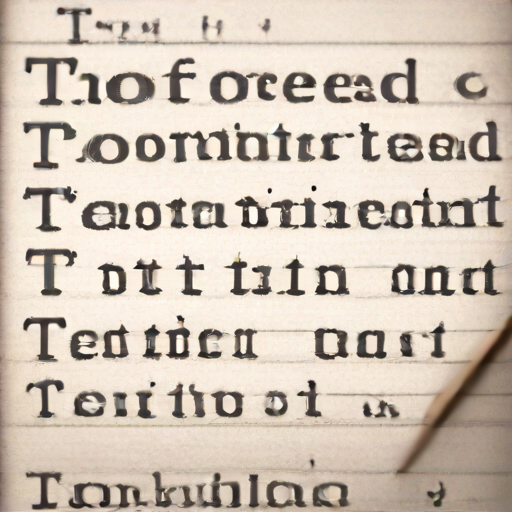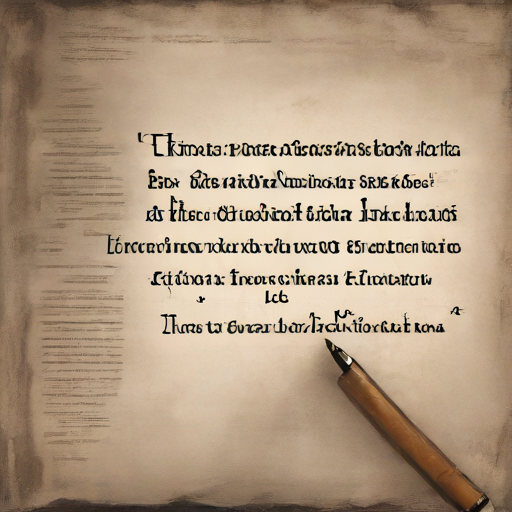Artificial Intelligence and Human Collaboration
Indeed, the fusion of artificial intelligence (AI) with human expertise signifies one of the most compelling advancements of our era. Bringing together the boundless computational aptitude of AI and the nuanced cognitive capabilities of humans heralds a new age of collaborative intelligence.
Artificial Intelligence and Human Collaboration: A Symbiotic Future
Introduction: The Advent of Synergistic Synergy
AI is no longer the sole dominion of isolated computational tasks; it has begun a foray into close quarters with human intellect. This ongoing confluence begets transformative changes across domains, from mundane daily chores to the zenith of creative endeavors.
The Unison of Strengths
AI excels in processing, analyzing, and generating vast datasets rapidly and with precision. Humans bring context, creativity, and ethical judgment to the table. The concerted effort leverages AI's efficiency and human insight for better decision-making, innovation, and problem-solving.
Creative and Cognitive Partnership
In creative spheres, such as writing, AI augments human innovation. It assists writers by powering tools that enhance creativity, refine syntax, and personalize content. Meanwhile, human writers imbue these outputs with relatable stories and empathetic communication.
Ethical Coordination for Human-AI Fusion
As AI becomes more interwoven with humans, an ethical framework is essential to govern this partnership. Issues such as accountability, bias, and decision transparency in AI systems become pivotal to ensure trust and fairness in human-AI collaboration.
Conclusion: A Collective Forward Stride
Embracing AI as an ally rather than a rival can propel us toward a future where technology and human skills complement each other. This alliance promises revolutionary advances and a future where complex challenges are tackled with an unprecedented fusion of artificial and natural intelligence.
The exploration of artificial intelligence and its partnership with human input underscores a movement towards an era where collaboration, rather than competition, defines the interaction between technology and people. It underscores the vast potential that such a collaboration holds for the future of innovation across numerous fields.

AI is increasingly becoming a valuable tool for writers looking to enhance their creativity and refine their content. Here’s how AI is assisting writers in these aspects:
1. Ideation and Brainstorming
- AI can provide an endless stream of content ideas, writing prompts, and story starters, helping writers explore new territories and overcome writer’s block.
2. Content Organization
- Tools equipped with AI can help structure thoughts and plotlines, offering outlines and suggestions for organizing content in a coherent manner.
3. Language and Style Improvement
- Advanced AI software like Grammarly and ProWritingAid offer real-time suggestions for grammatical correctness, style consistency, and vocabulary enhancements, making prose more polished and professional.
4. Narrative Analysis
- Some AI tools analyze text for narrative flow, pacing, and emotional tone, helping writers craft compelling stories that resonate with readers.
5. Character Development
- AI can assist in developing complex characters by providing backstories, personality traits, and behavioral patterns, contributing to richer narratives.
6. Research and Fact-Checking
- AI-driven research tools quickly gather detailed information on a wide range of topics, aiding in accurate and rich storytelling while saving significant research time.
7. Writing Efficiency
- Distraction-free AI writing environments and productivity tools help writers focus and write more efficiently, optimizing the creative process.
8. Personalization
- AI analytics can help writers understand audience preferences, enabling them to tailor their content to the interests and reading styles of their readers.
9. Translation and Localization
- AI-powered translation tools assist writers in adapting their content for global audiences, maintaining the nuance and context of the original language.
10. Feedback and Revisions
- AI critiquing platforms can provide constructive feedback on a piece of writing, suggesting areas for improvement and alternative phrasing options.
Conclusion:
AI is not here to replace the creative instincts of writers but to augment them, aiding in the transformation of ideas into compelling narratives and polished content. By harnessing the power of AI, writers can unlock new potentials in creativity and productivity, allowing them to focus on the core of their craft while the technology handles the rest.

